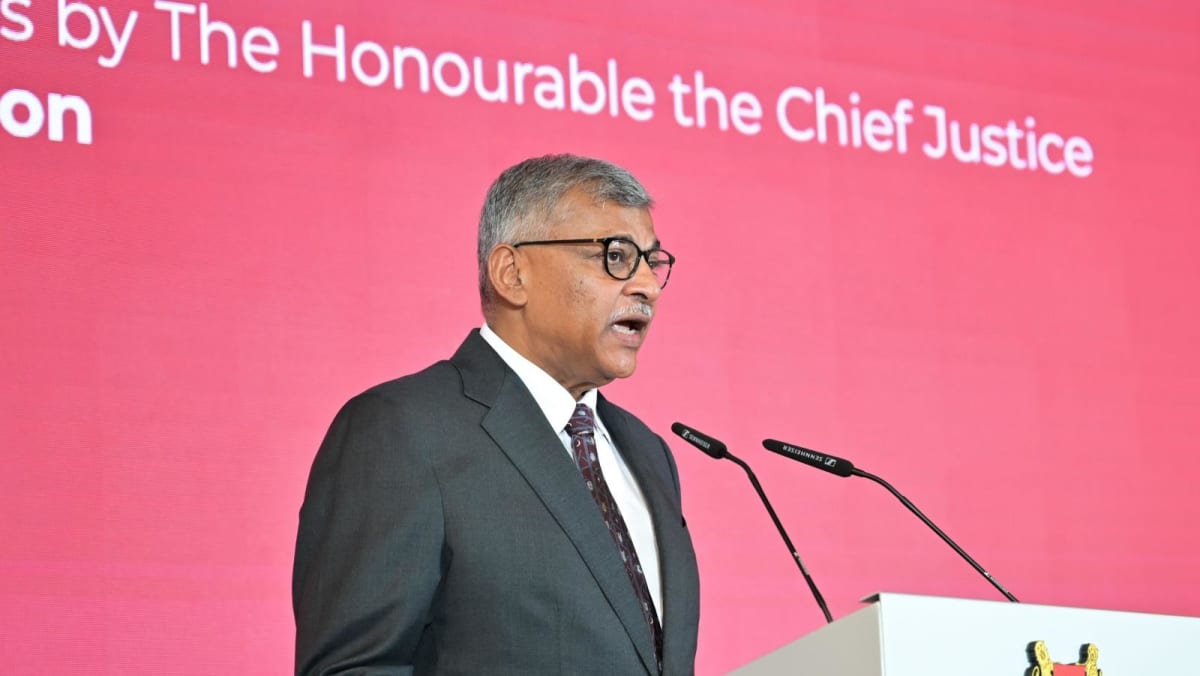THERAPEUTIC JUSTICE A STEP IN THE RIGHT DIRECTION, SAY LAWYERS
Lawyers say that the therapeutic justice model for the Youth Court is one that aligns with the objective of rehabilitation, as opposed to punishment for the sake of it.
According to the Singapore Court’s website, when a young person is arrested and charged in the Youth Court, should they plead guilty, the court could review a pre-sentence report before discussing it with a panel of advisers.
The Youth Court may convene a case conference for select cases depending on factors such as the offender’s family background, home surroundings and school record, to assess the case readiness of the offender and ensure welfare of the offender, among other objectives.
The Court then decides on the dispositional orders – which are what sentences are called in the Youth Court – for the offender, and thereafter will monitor their progress.
While the process is different from how an adult is tried, criminal lawyer Josephus Tan said that it could still be a daunting one for a child.
“For a child going through the legal process, it can be very frightening … seeing different people at different sessions,” said Mr Tan, who is managing director at Invictus Law Corporation and also an adviser to the Youth Court.
“Sometimes, there can be a different judge, different group of youth court advisers, different group of social workers.”
He was supportive of how the therapeutic justice model has, instead, a dedicated multi-disciplinary team that will see a child’s case through to its conclusion.
“Right from the get-go, the child or young person will have the assurance that this will be the same group of people who will be hearing my views based on my interests, who will discuss things with me, tell me things,” he said.
“Seeing the same faces, that itself helps a lot.”
He added that different children and youths open up to others differently.
“Can you imagine if every court session – they are encountering a different group of people? I think it’s very daunting, and it’s not easy for the child or young person to open up themselves again.”
How young offenders are treated in the court is a process that has to evolve to align with the objective of rehabilitation, said Provost’s Chair and lecturer at Singapore University of Social Sciences’ School of Law Alexander Woon.
For young offenders … the emphasis is helping them to get back on track, not punishment for its own sake,” said Mr Woon, who is also a lawyer at RHTLaw Asia.
“So, it makes sense that the process itself should be aligned with this objective, and should not create needless friction.”
He added that the Youth Court is already a step in the right direction.
“Therapeutic justice just takes it a bit further,” he said.
